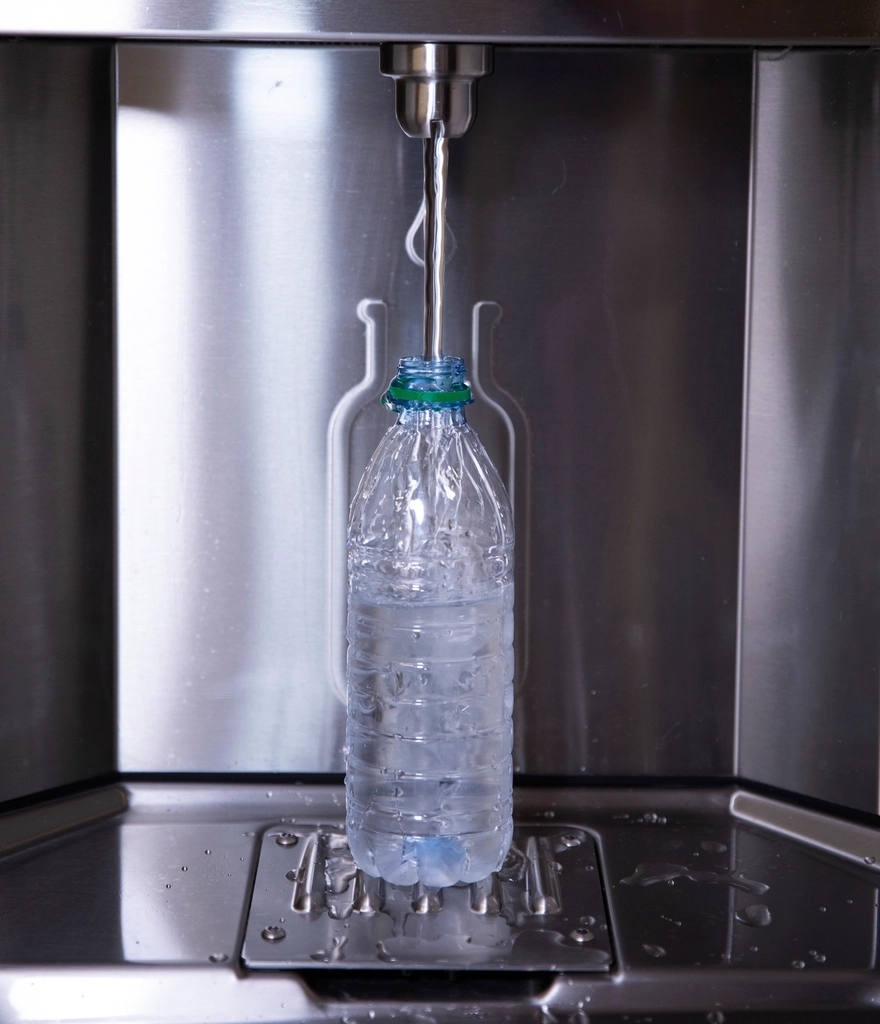We’ve all heard the “eight glasses a day” rule—but new research says the truth is far more complex. A major Japanese study has revealed how much water our bodies truly need, and it’s not the same for everyone.
Water Needs Are Highly Individual

Forget the idea that everyone should drink the same amount. This groundbreaking study shows that daily water requirements vary significantly based on age, body composition, and even where you live.
Over 5,600 People Studied

Researchers examined water turnover in 5,604 individuals ranging from newborns to 96-year-olds, across 23 countries. The study tracked how much water enters and exits the body over a day.
It’s About Water Turnover—Not Just Intake

The focus wasn’t just on how much you drink. Scientists measured the full cycle: water from food, drinks, and metabolism versus loss through sweat, breath, and urine. This gives a fuller picture of what the body really needs.
Some People Need Over 6 Liters Daily

While some may get by on 1 liter, others—especially athletes or those in extreme environments—may need over 6 liters a day. In rare cases, water turnover exceeded 10 liters.
Age Makes a Big Difference

Men aged 20–30 showed the highest average turnover at 4.3 liters per day, while women aged 25–60 averaged 3.4 liters. For seniors, the number dropped to around 3.1 liters for men and 2.8 for women.
Body Composition Affects Hydration Needs

Muscle retains more water than fat. This explains why men, who typically have more lean mass, often require more fluids than women.
Physical Activity Drives Demand

Not surprisingly, the more active you are, the more you need to hydrate. Athletes in the study required at least one additional liter of water per day compared to their sedentary counterparts.
Heat and Humidity Boost Water Loss

Living in hot climates (above 30°C) or high humidity increases water loss through sweat. In these areas, people needed around one extra liter per day just to stay balanced.
Elevation Also Plays a Role

Higher altitudes lead to increased water turnover. For every 1,000 meters gained in elevation, the average person needed an extra 500 milliliters of water due to drier air and lower oxygen levels.
Hydration Still Matters—A Lot

Even though the “2-liter rule” is outdated, staying hydrated is still crucial. Dehydration can lead to dizziness, confusion, and serious health complications—especially in vulnerable populations.
The article is based on information from the ziarulromanesc.at
